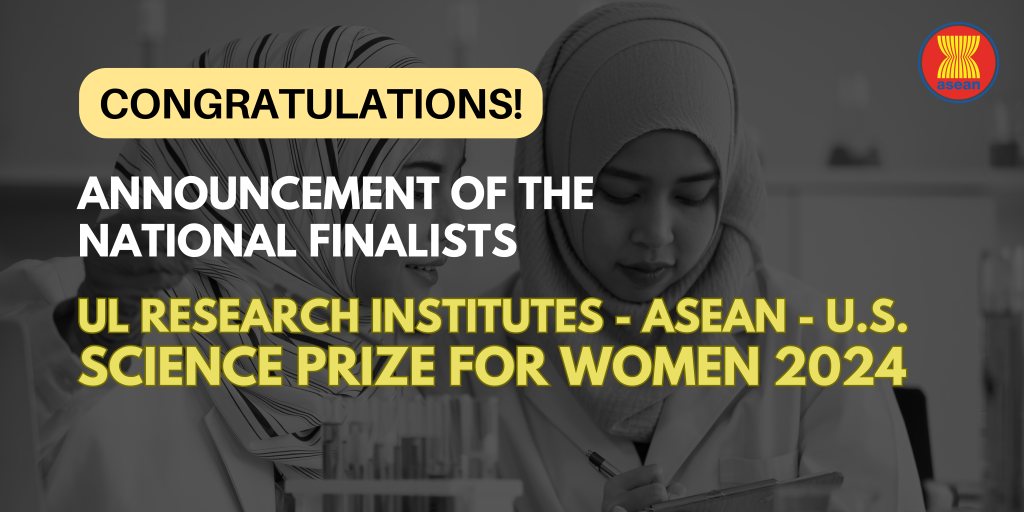The UL Research Institutes-ASEAN-U.S. Science Prize for Women 2024 has finished its national finalists selection phase as of Friday 28 June 2024, and below are the finalists who will be representing their respective ASEAN Member States (AMS) in the next round of selections to proceed as the regional finalists.
1. Mid-Career Category
Brunei Darussalam, Dr. Daphne Teck Ching Lai
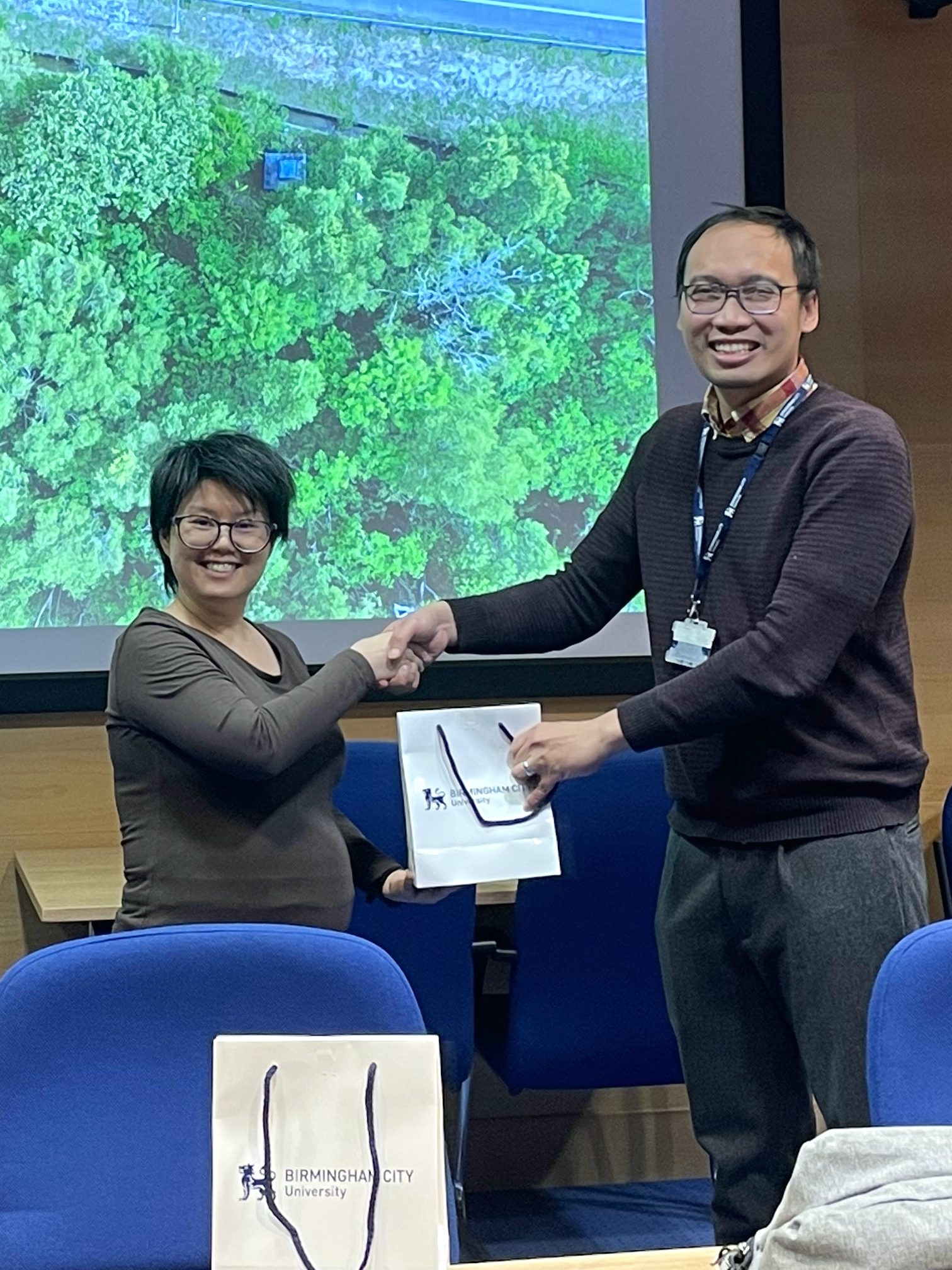
Relation to Climate Resilience and Adaptation Theme: The application of data science and artificial intelligence to domains relating to Climate Resilience and Adaptation such as Forest monitoring, Water Quality Analysis and Green Energy. In the forest monitoring domain, this research has built a novel comprehensive geological dataset built from data extracted from literatures on 52 peatlands in Southeast Asia and applied data science on the dataset to understand the characteristics and similarity of peatlands in the region in relation to their geolocation and geology. By monitoring our forests, this research hopes to devise methods of management and control to prevent or regulate forest loss which can impact climate change, and in turn endanger human lives. This research investigates whether the current water quality changes in the Brunei River is related to climatic change, collecting 16 water quality parameters. Through this research, quantification and identification of the impacts of climate change and pollution can be done, and plans of actions for policy changes and remedy can be made. Affiliated Organisation: School of Digital Science, Universiti Brunei Darussalam.
Cambodia, No applicant
Indonesia, Dr. Athanasia Amanda Septevani
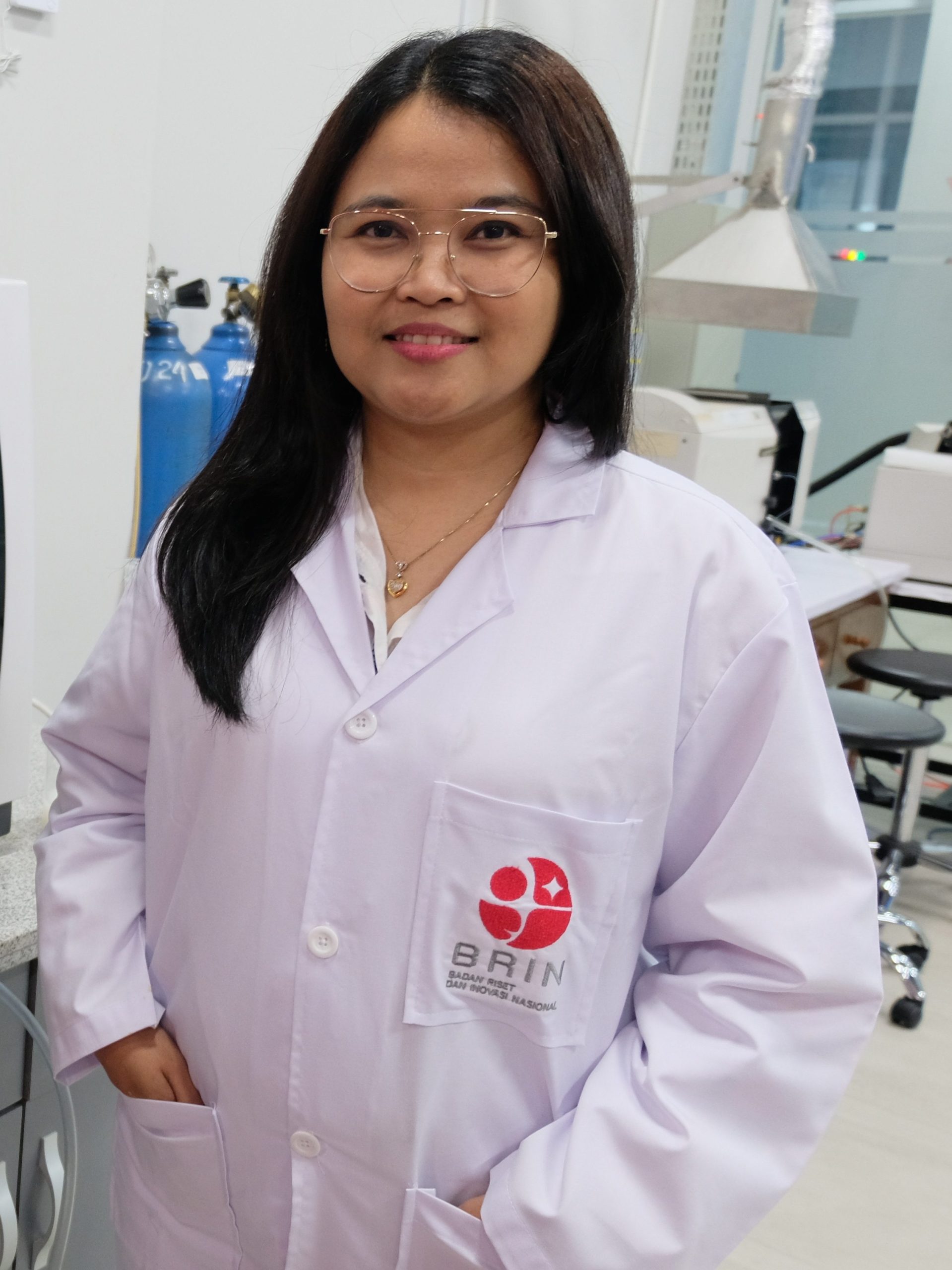
Relation to Climate Resilience and Adaptation Theme: This research on nanocellulose in Indonesia has integrated circular economy models from raw material selection and processing technologies to applications. The activities promote climate resilience and adaptation by reducing the massive amount of solid waste generated in Indonesia, the world’s largest palm oil producer. This effort results in innovative products and applications, such as cellulosic insulation material for buildings, which offer promising solutions for reducing energy demand and carbon emissions. The trial adaptation technology has also involved the local community in collaboration with PT Mandiri Palmera Agrindo, promoting co-product diversification in the palm oil industry and driving the local economy while demonstrating eco-friendly practices to reduce the carbon footprint associated with industrial activities. Affiliated Organisation: Badan Riset dan Inovasi Nasional – BRIN (National Research and Innovation Agency)
Lao PDR, Dr. Kinnaleth Vongchanh
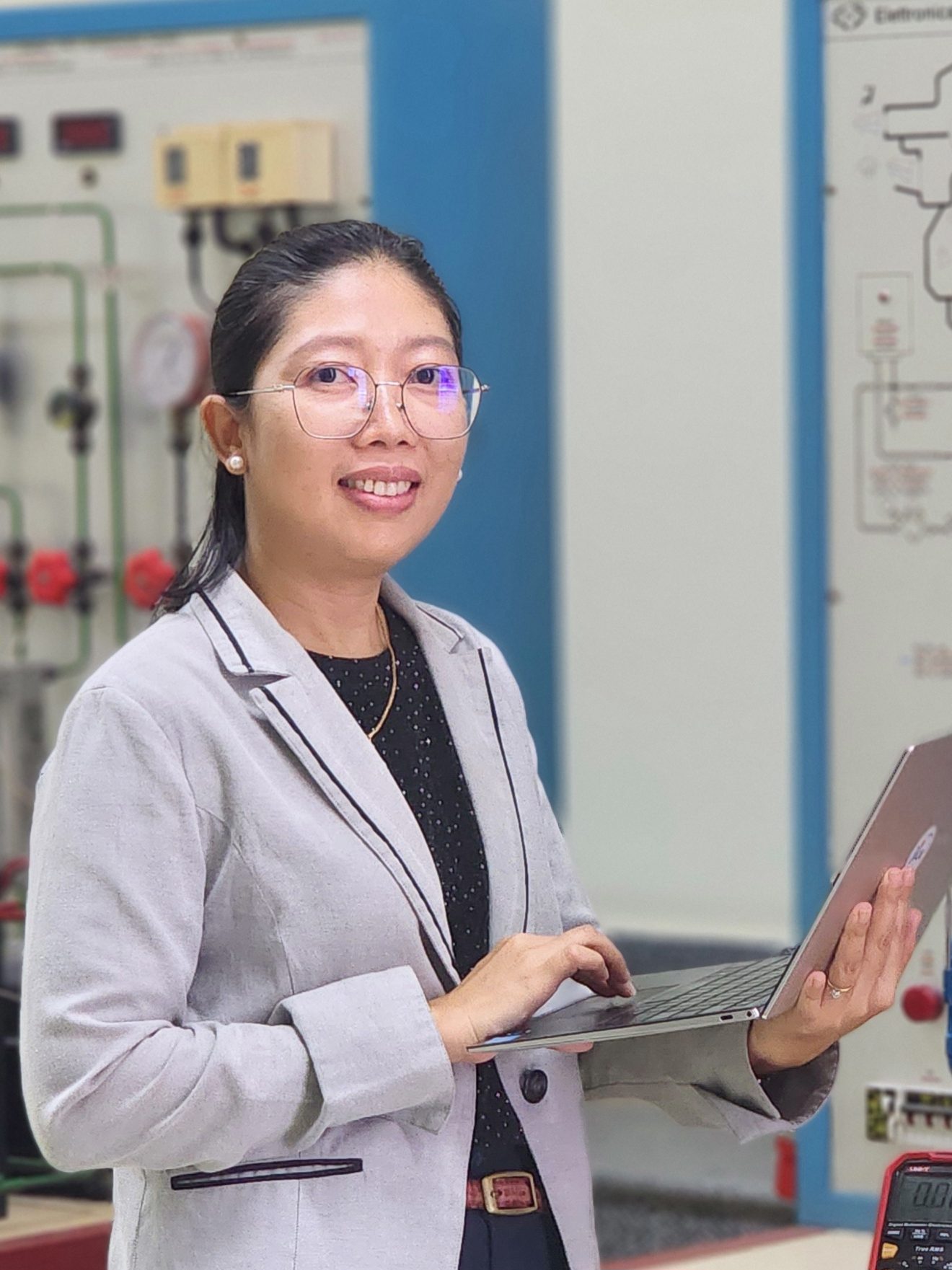
Relation to Climate Resilience and Adaptation Theme: Indoor FGT workers (855,000 workers, >85% female workers) and pupils in poorly ventilated spaces are impacted by heat stress symptoms due to improper indoor conditions. Research on heat stress in the Footwear-Garment-Travel (FGT) sector and public primary schools in Phnom Penh reveals significant symptoms experienced by garment workers and pupils, such as dizziness, muscle cramps, and extreme fatigue, especially during the hot months. In the FGT sector, large quantities of firewood are used for steam generation, contributing to deforestation. My research on converting waste to energy offers a solution by replacing firewood with eco-friendly biomass briquettes, reducing city waste, landfill use, and greenhouse gas emissions while promoting tree sustainability. The methodologies for heat stress, energy efficiency, waste to energy can be applied throughout ASEAN to achieve carbon net zero by 2050. Affiliated Organisation: Lecturer-Researcher Head of Thermal Lab. CEMAT program manager and founder (Cambodia Energy Manager and Auditor Training, CEMAT) Thermal Lab., Department of Industrial and Mechanical Engineering, Institute of Technology of Cambodia, Phnom Penh, Cambodia.
Malaysia, Dr. Go Yun Ii
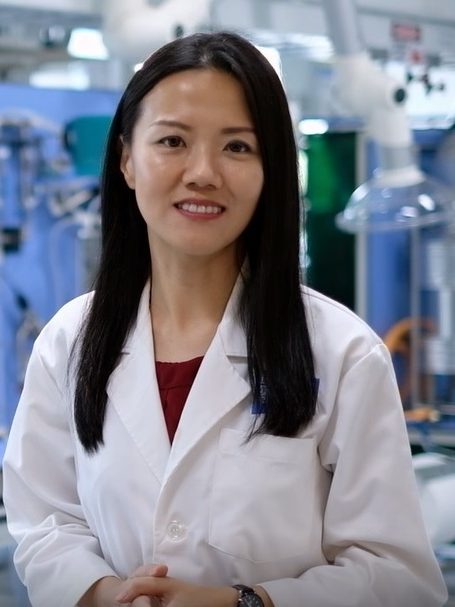
Relation to Climate Resilience and Adaptation Theme: The global energy sector is experiencing a paradigm shift in energy production, transmission and usage. Electricity generation from renewable energy is required to increase to 85% in meeting the world energy target by 2050. This requires urgent and large-scale adoption of enabling solutions to accelerate the attainment of net-zero target. Renewable energy appears as the most competitive solution to provide a clean and resilient energy economy. My research focuses on enabling and emerging technological advancements for energy transition towards net-zero carbon emission. It evaluates the nation’s readiness, potential, constraints and enablers in meeting world energy target 2050. Affiliated Organisation: Heriot-Watt University, Malaysia Campus.
Myanmar, Dr. Theint Theint Win
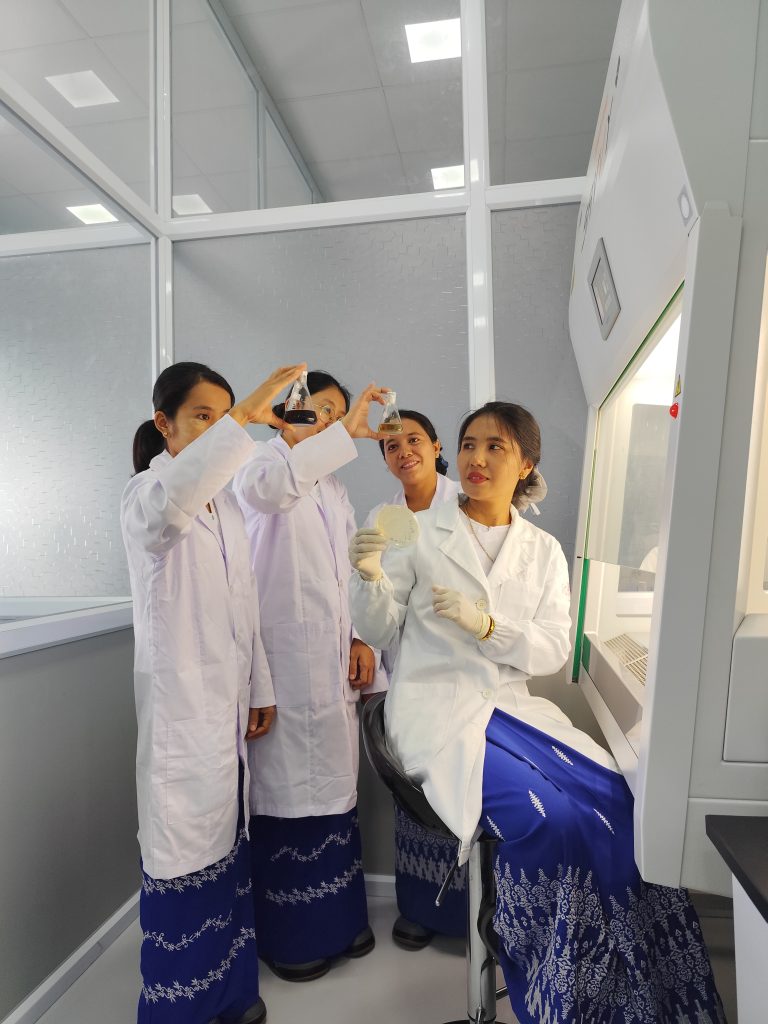
Relation to Climate Resilience and Adaptation Theme: Inle Lake which is located in a Shan Plateau mountain valley, is an ASEAN Heritage Park and UNESCO Biosphere Reserve. Many endemic fish, snails, and plants reside in its wetland areas. Their lives and customs depend on the lake and its forests. Inle lake is the only source for Lawpita hydropower dam, which supplies 24% of the country’s hydropower. The effect of Touristic growth and human induced environmental degradation and climate change, have been addressed to protect Inle Lake’s natural diversity and people’s cultures. Currently, for the first time, U Than Hlaing’s weaving workshop in Inn Paw Khon Village is being implemented as a model cleaner disposal technique because of this simple and highly effective technology. After a period of six months following the implementation of the system, it led to a notable enhancement in the diversity of aquatic life in the surrounding water bodies of Inle lake. This implementation research has successfully restored ecological inhabitants, and the technology has the potential to adapt and mitigate the climate change of the Inle Lake biosphere. Affiliated Organisation: Yangon Technological University, Naypyitaw Technological University
Philippines, Dr. Chosel Lawagon
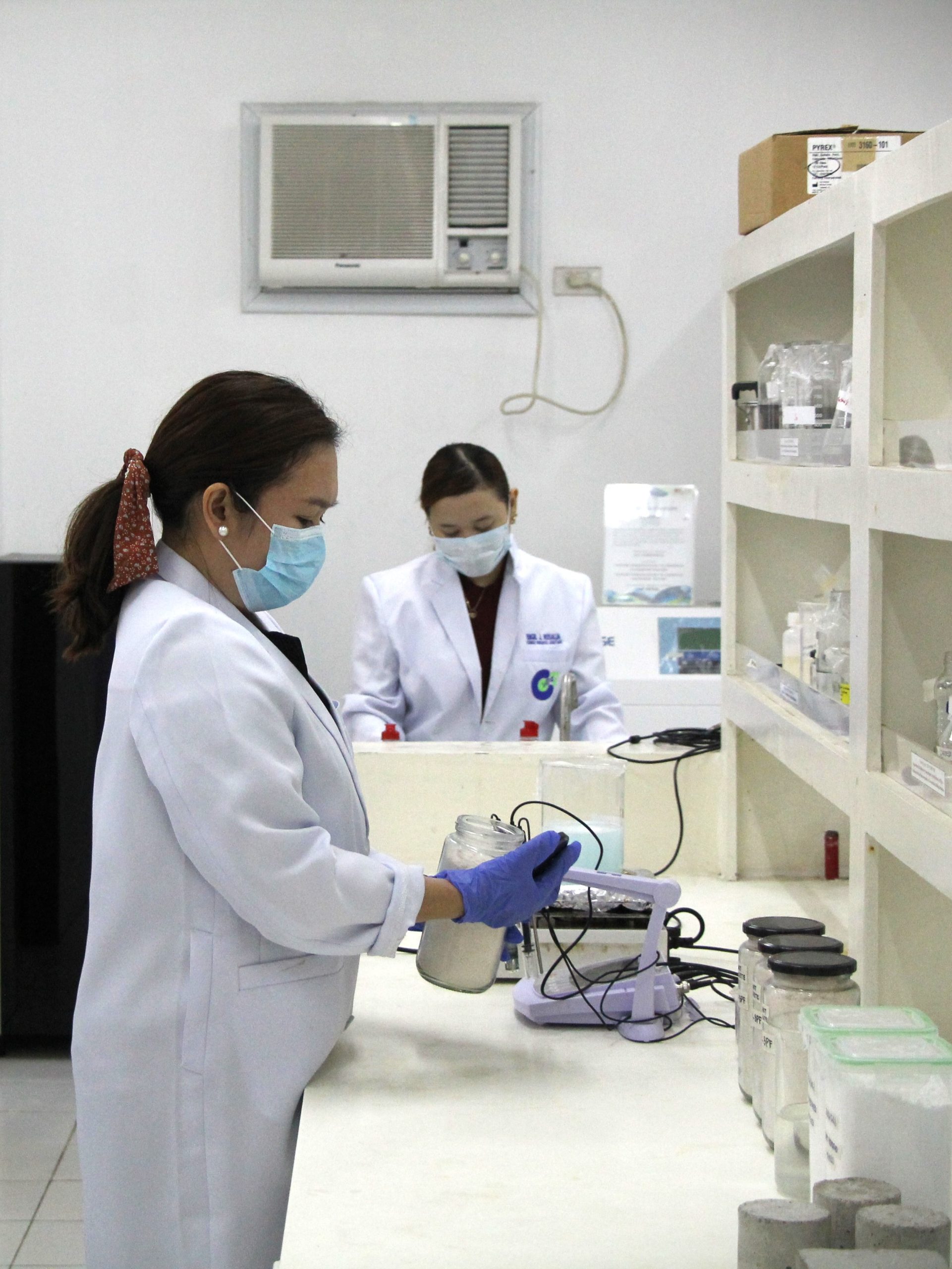
Relation to Climate Resilience and Adaptation Theme: By utilizing locally sourced waste materials, the project addresses waste management issues and reduces the carbon footprint associated with traditional concrete production. This sustainable approach supports the development of resilient urban infrastructure that can endure extreme weather events and other climate-related stresses. Moreover, the cost-efficiency and accessibility of these advanced materials foster inclusive economic growth, benefiting local communities and enhancing their capacity to adapt to a changing climate. Also, the collaboration with local cooperatives and industries demonstrates significant community engagement. Thus, the project exemplifies how innovative scientific solutions can fortify ASEAN’s socio-economic stability and environmental sustainability in the face of climate challenges. Affiliated Organisation: Center of Green Nanotechnology Innovations for Environmental Solutions, University of Mindanao
Singapore, Dr. Yang Hui Ying
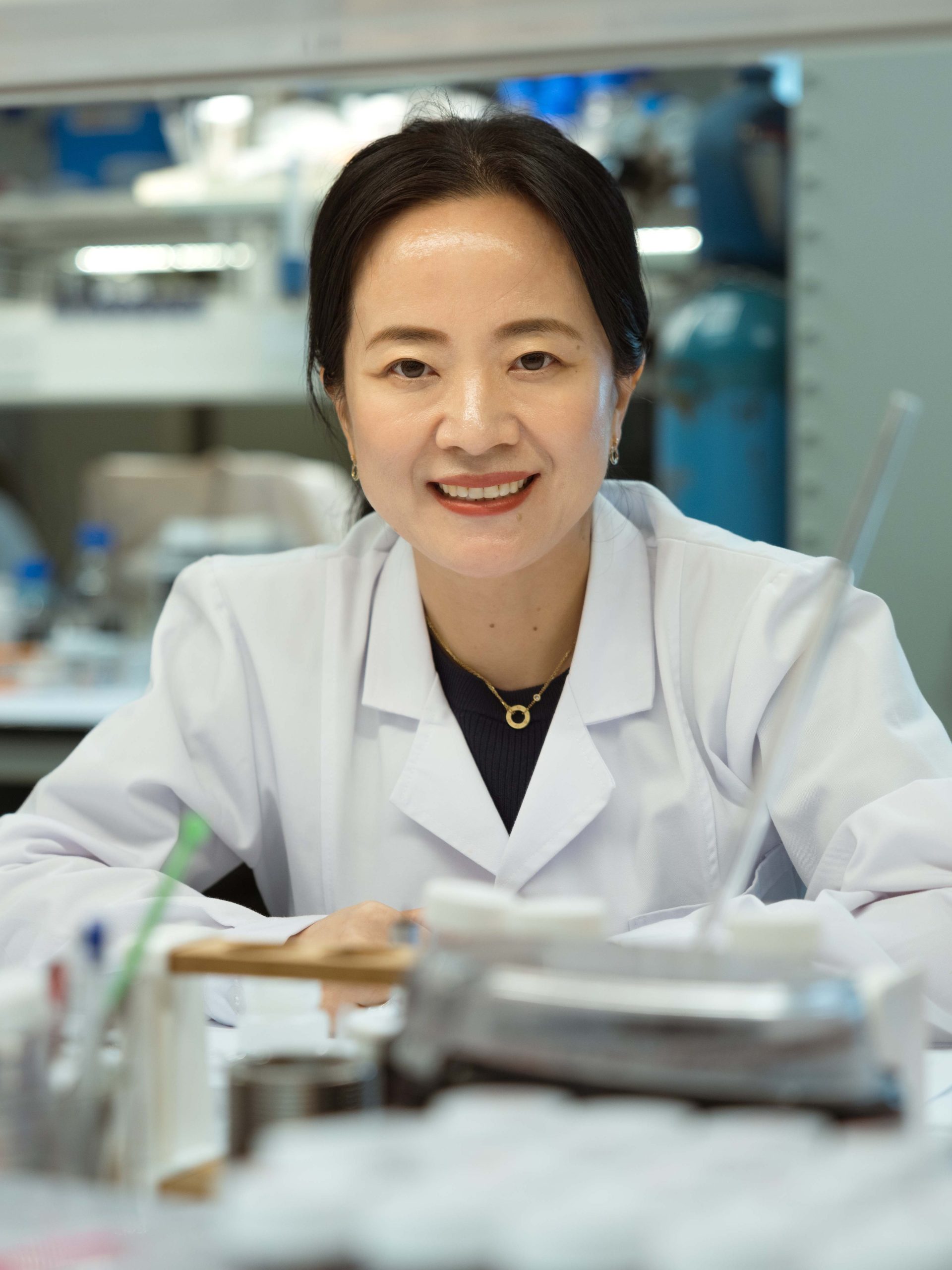
Relation to Climate Resilience and Adaptation Theme: Dr. Yang Hui Ying’s research projects include designing and synthesizing nanostructures with well-defined functionalities and properties; rapid prototyping of energy storage devices; characterization of the functional materials using high-performance analytical methods; investigation of electrochemical performance using operando techniques; and development of carbon-based materials for ion-sieving and ion removal in aqueous solutions. These projects have clearly contributed valuable knowledge for the improved design of rechargeable batteries and beyond. She is a strategic review panel member for Singapore Astar Programmatic Program and NRF Coastal Protection and Flood Management Research Programmes. She also serves as an Expert Group member for National NAEK (National Academy of Engineering Korea) and Standing Executive Committee member for World Young Scientist Summit (WYSS). Affiliated Organisation: Singapore University of Technology and Design
Thailand, Dr. Wirulda Nik Pootakham
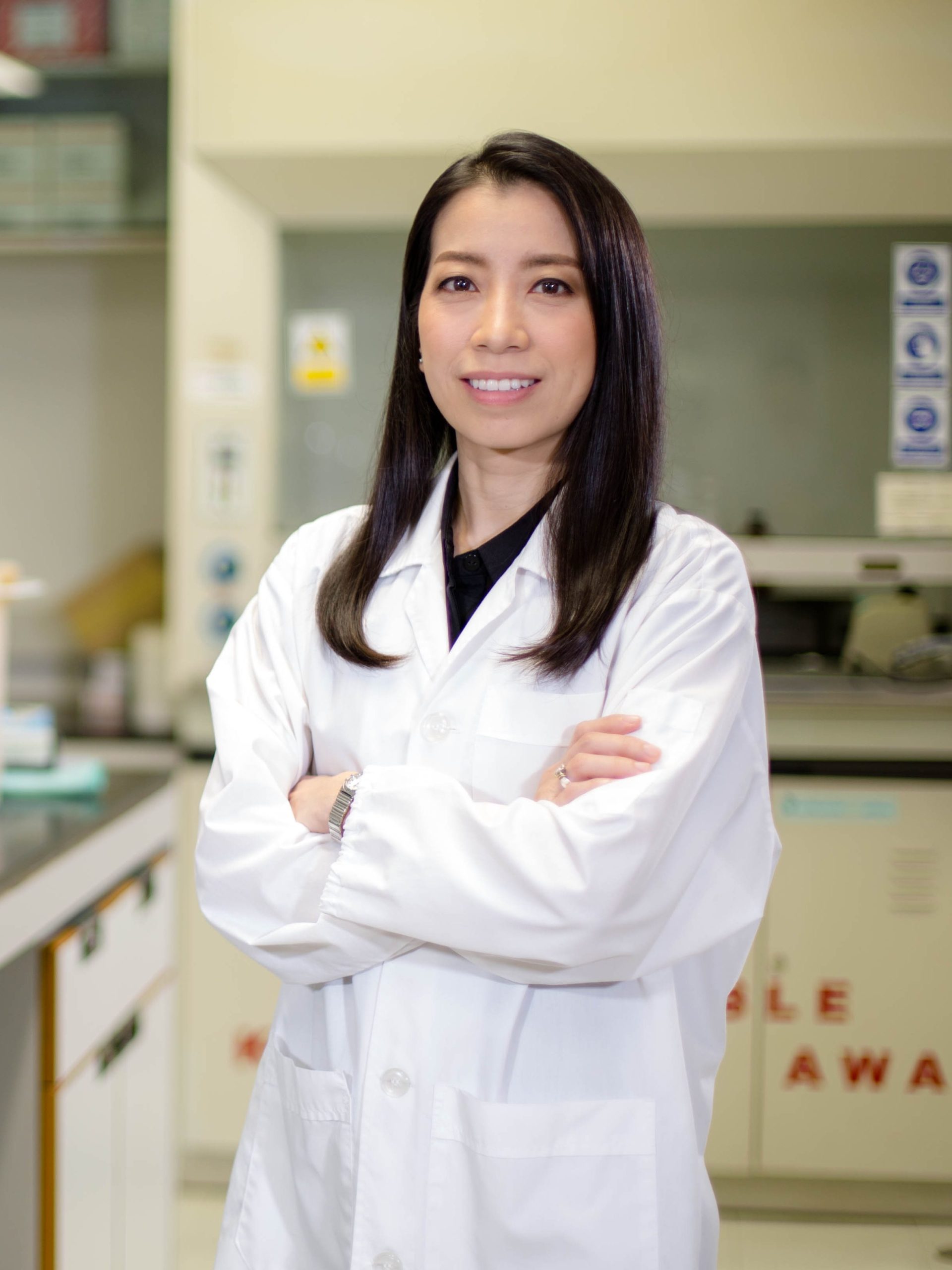
Relation to Climate Resilience and Adaptation Theme: Coral reefs play an integral role in the marine ecosystems, harboring approximately 30% of the aquatic species and supporting the productivity of about 25% of marine fisheries. These marine ecosystems are endangered by recurring coral bleaching events triggered by elevated seawater temperature — an inevitable consequence of global warming. Similarly, mangrove forests, crucial for supporting marine and terrestrial species, face severe threats from urban development, aquaculture, and resource overexploitation. We are working closely with our collaborator, the Department of Marine and Coastal Resources under the Ministry of Natural Resources and Environment, in using our DNA-based technology to integrate genetic diversity information into their ongoing conservation and restoration programs. By working together, we can build resilience in coral reef and mangrove forest ecosystems for generations to come. Affiliated Organisation: National Center for Genetic Engineering and Biotechnology (BIOTEC), National Science and Technology Development Agency (NSTDA), Thailand
Vietnam, No finalist
2. Senior Category
Brunei Darussalam, Dr. Sok King Ong
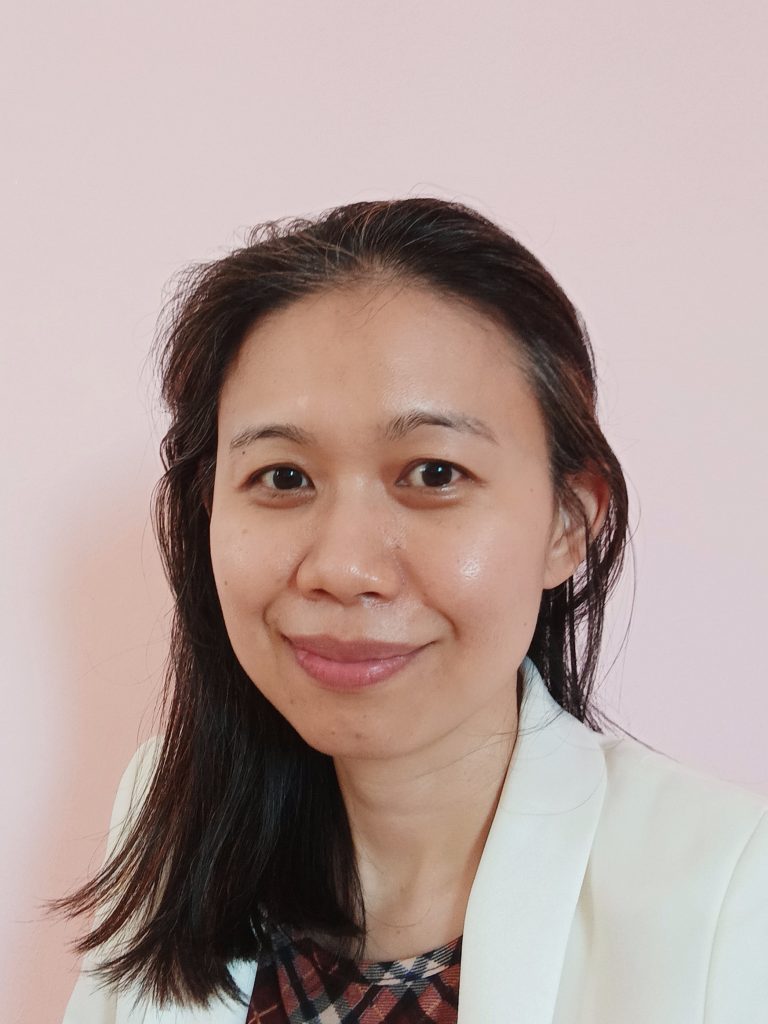
Relation to Climate Resilience and Adaptation Theme: The research aligns with the topic on “Climate Resilience and Adaptation” by providing valuable insights and guidance for policymakers, practitioners, and communities in developing effective adaptation measures and building resilience to climate-related health risks. These adaptations are not only vital for public health but also intersect with broader imperatives such as poverty alleviation and socio-economic development, as underscored by the 2030 SDG Agenda. Both climate adaptation and resilience are necessary to protect the health of the public. This convergence presents opportunities for synergistic interventions where the benefits can be amplified. The research methodology is based on the World Health Organization (WHO) established framework, which provided guidance on the fundamental mechanisms for countries to reduce the health impact of climate change, and to implement adaptation strategies to improve health resilience or reduce health vulnerabilities. Affiliated Organisation: Universiti Brunei Darussalam & Ministry of Health, Brunei Darussalam
Cambodia, No applicant
Indonesia, Dr. Diana Elizabeth Waturangi
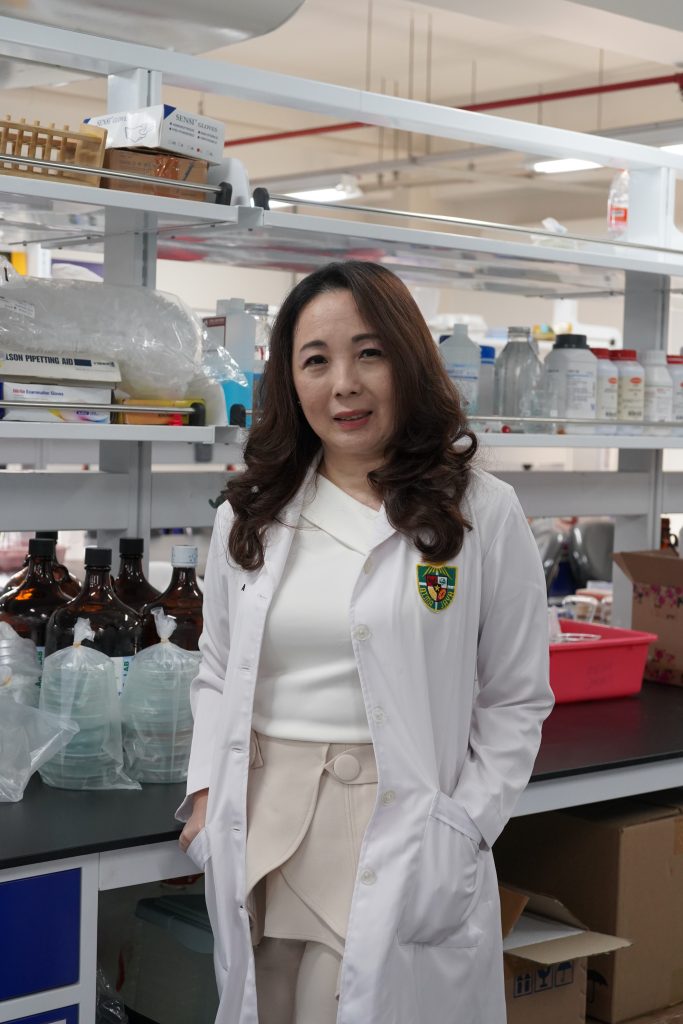
Relation to Climate Resilience and Adaptation Theme: Climate change is increasing human exposure to pathogens and has already had an impact on human health. Climate change also have a drastic effect on food safety, and food security including agriculture and aquaculture worldwide. Treatments to reduce food-borne pathogens is mostly using chemical preservative and treatment of human bacterial infection is using antibiotics. On the other hand using chemical preservative might have side effect to human health and most of pathogenic bacteria are able to form biofilm that could not be treated using those preservative agents. Based on these conditions, it is important to explore alternative solutions to combat food-borne pathogens and aquaculture pathogens. By using antibiofilm and bacteriophage we can control the growth, biofilm formation as well as virulence properties of pathogens, since antibiofilm can also inhibit cell to cell communication which is important in inducing expression of virulence factors. Control of pathogens in food and aquaculture may increase food safety and food resilience to mitigate the effect of climate change. Affiliated Organisation: Atma Jaya Catholic University of Indonesia
Lao PDR, No applicant
Malaysia, Prof. Dr. Lariyah Mohd Sidiek
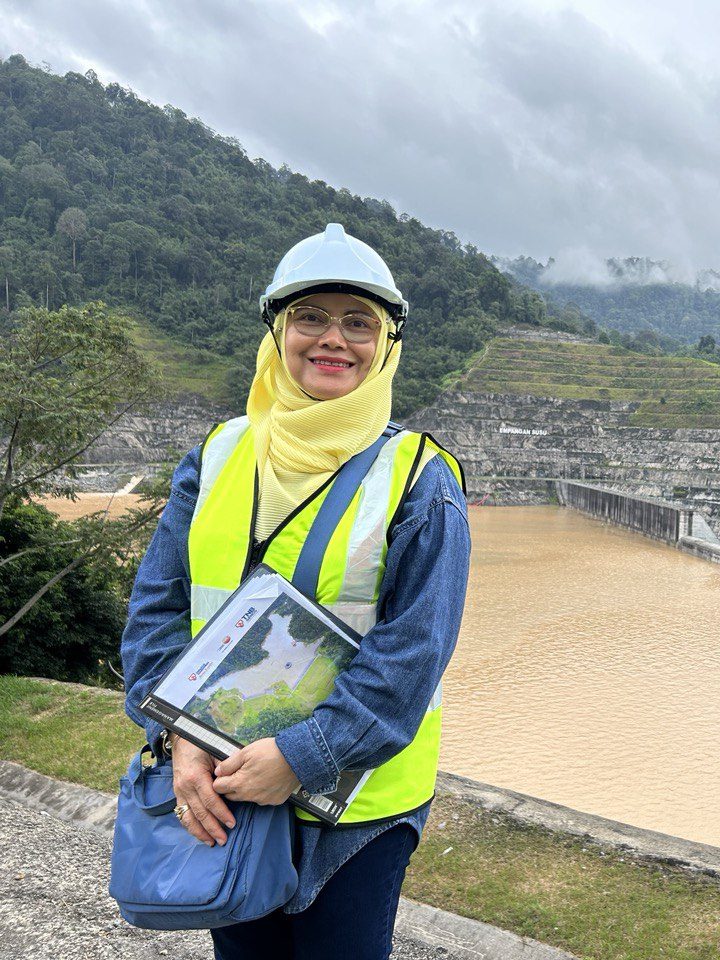
Relation to Climate Resilience and Adaptation Theme: This research in climate resilience and adaptation focuses on advancing technology in dam safety and community-based resilience. This involves pioneering risk assessment, impact-based forecasting, and CSR analysis to set new standards for infrastructure safety and well-being. By integrating these innovative approaches, my research aims to enhance resilience strategies, improve preparedness for climate-related challenges, and strengthen the capacity of communities to adapt and thrive in the face of environmental and climate changes. Through interdisciplinary collaboration and stakeholder engagement, this research has developed comprehensive solutions, such as Hydrodynamic Flood Forecasting Models (FaMOUS), TNB Dam Safety Policy, Dam Break and Flood Hazard Community Mapping Tools (INSPIRE), Risk-Informed Decision Making for Dam Safety (RIDM-DaMS) that address the complex and interconnected challenges posed by climate change, aiming to build a more resilient and sustainable future for all living at downstream of the dams. Affiliated Organisation: Universiti Tenaga Nasional (The Energy University), Malaysia
Myanmar, Dr. Ni Ni Tint
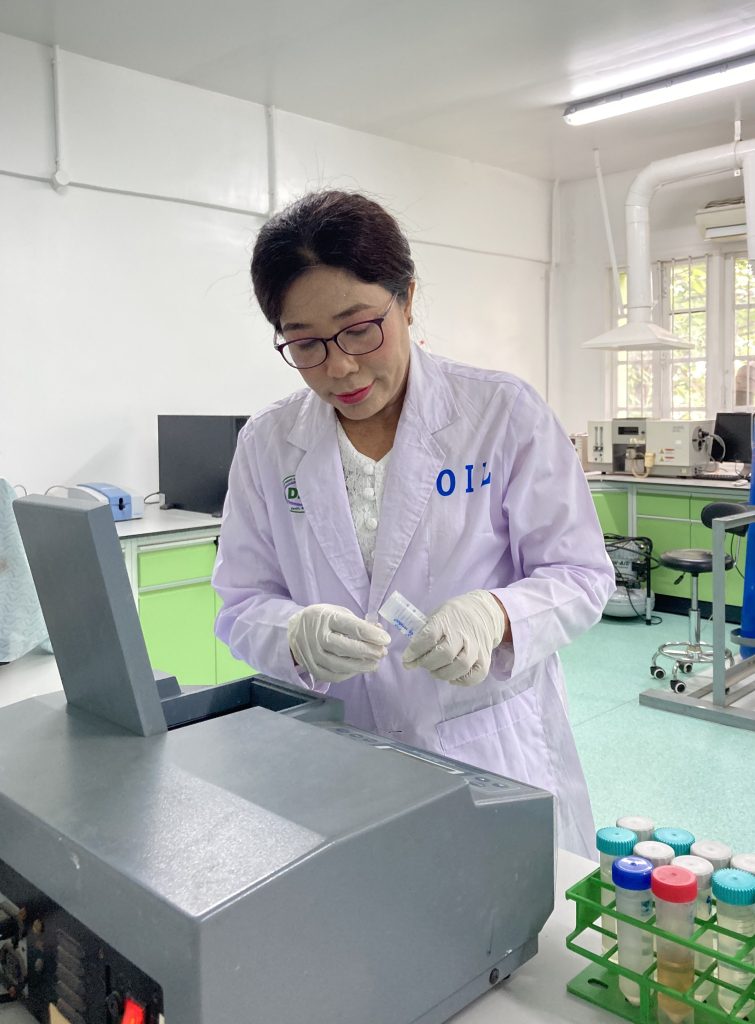
Relation to Climate Resilience and Adaptation Theme: The major research activities which I contribute mostly is Mitigation measures to reduce greenhouse gases emissions in the agriculture sector compatible with stable food production since Myanmar faced very often the impacts of climate change like other ASEAN countries. My research work on sustainable soil fertility management practices matches to provide the goal of having 75% healthy soils by 2030. As a member of Environmental Quality standard sub-committee, Institutional strengthening including enactment of National Environmental Protection Law and institutionalization of environmental standards to protect global warming caused by GHGs emission. Affiliated Organisation: Department of Agriculture Research, Soil Science Research Section & Soil and Plant Analysis Laboratory, Yezin, Zayarthiri, Nay Pyi Taw
Philippines, Dr. Christina A. Binag
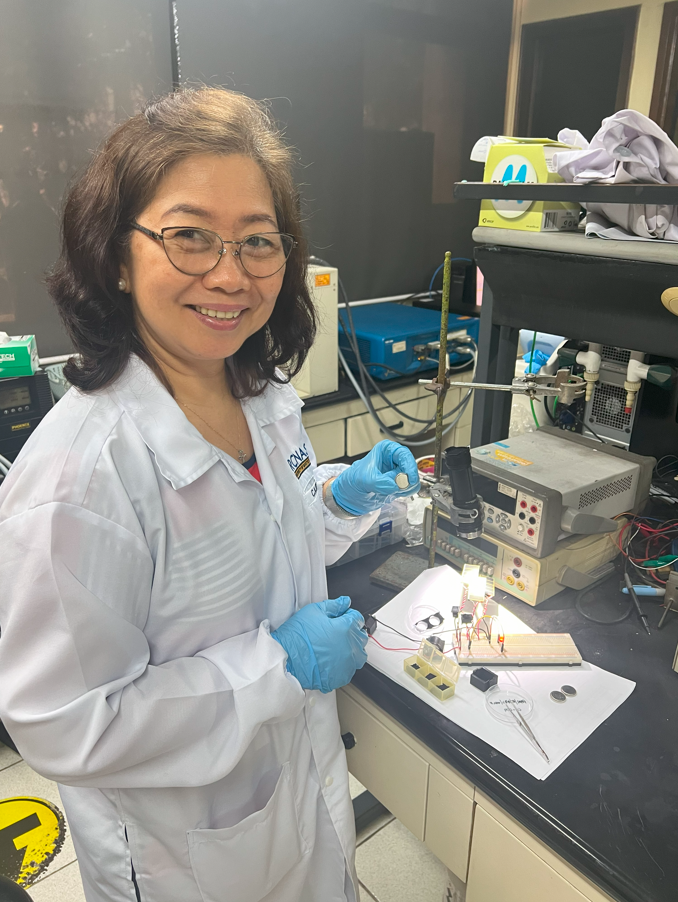
Relation to Climate Resilience and Adaptation Theme: By focusing on renewable energy storage solutions, we facilitate the integration of intermittent energy sources such as solar power into the grid. This capability is essential for enhancing climate resilience by reducing reliance on fossil fuels and mitigating the impacts of energy fluctuations caused by climate change. By repurposing water hyacinth fibers into electrode materials for supercapacitors, we not only mitigate its environmental impact but also derive value from this problematic biomass. These fabric-based electrodes, enriched with biochar from agricultural waste and conducting polymers, offer lightweight, flexible, and sustainable solutions. They provide a dual benefit: advancing energy storage technology while actively contributing to environmental conservation and efforts to mitigate water pollution. By highlighting the transformation of fabrics into useful materials for renewable energy storage, our research aligns with global initiatives for climate resilience and adaptation, demonstrating tangible contributions to environmental sustainability and enhancing community resilience against climate impacts. Affiliated Organisation: UNIVERSITY OF SANTO TOMAS MANILA, PHILIPPINES
Singapore, Dr. Lam Yeng Ming
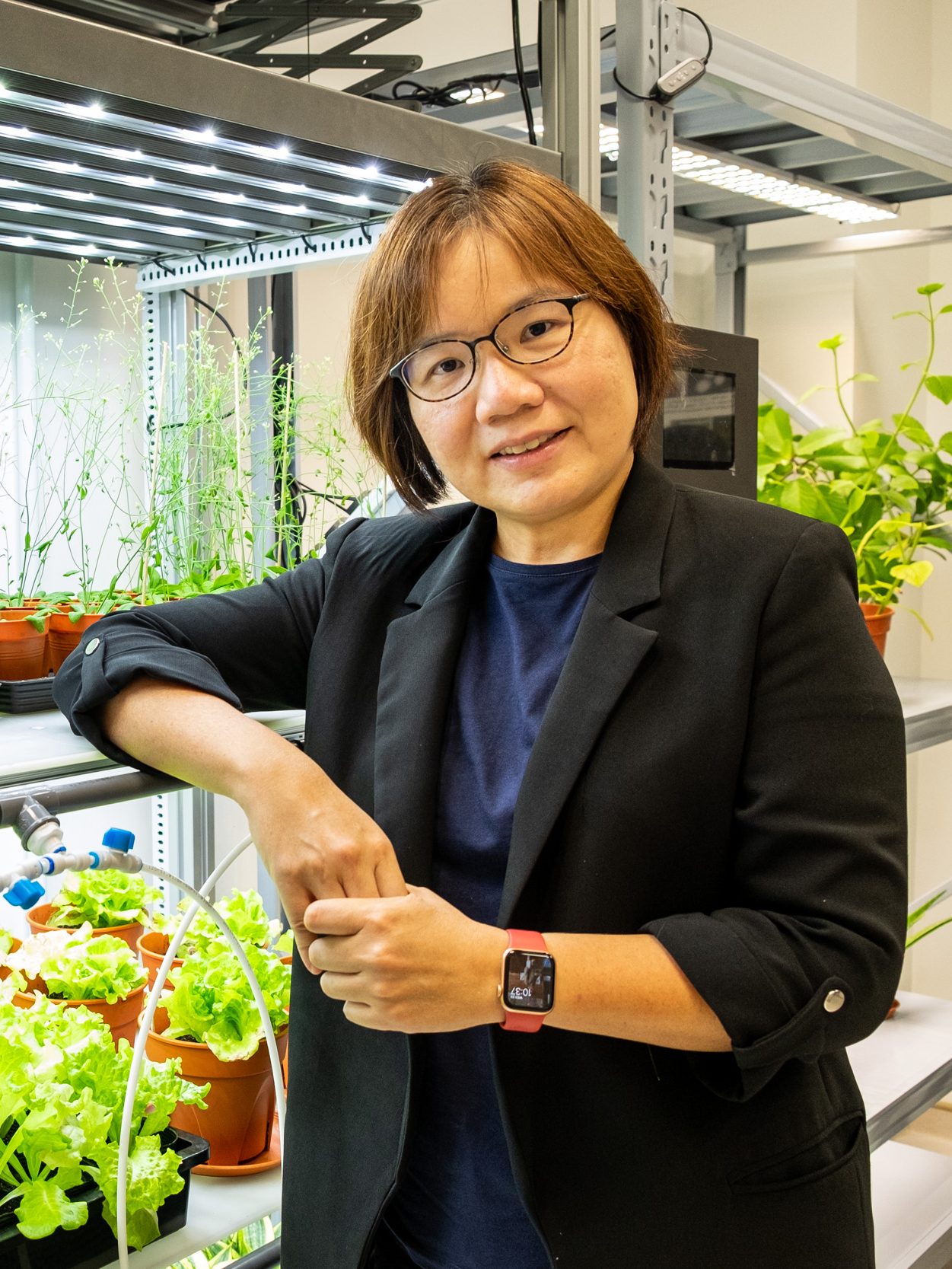
Relation to Climate Resilience and Adaptation Theme: This research is highly relevant to this year’s theme as it focused on the development of advanced nanostructured functional materials targeted for driving environmental sustainability and climate resilience. Dr. Lam Yeng Ming has created nanogels from plant waste that significantly enhance soil water retention and productivity, transforming non-arable lands into fertile grounds and promoting efficient water usage in sandy soils. By uncovering key mechanisms and developing lead-free, stable, and highly efficient solar cells, this research has pushed the boundaries of renewable energy technology. These combined efforts not only mitigate climate change impacts but also enhance our adaptive capacity, paving the way for a resilient and sustainable future. Through innovative solutions in agriculture, energy, and recycling, this research ensures that future generations can thrive in a healthier and more resource-efficient world. Affiliated Organisation: Nanyang Technological University, Singapore
Thailand, Dr. Wijitbusaba Marome
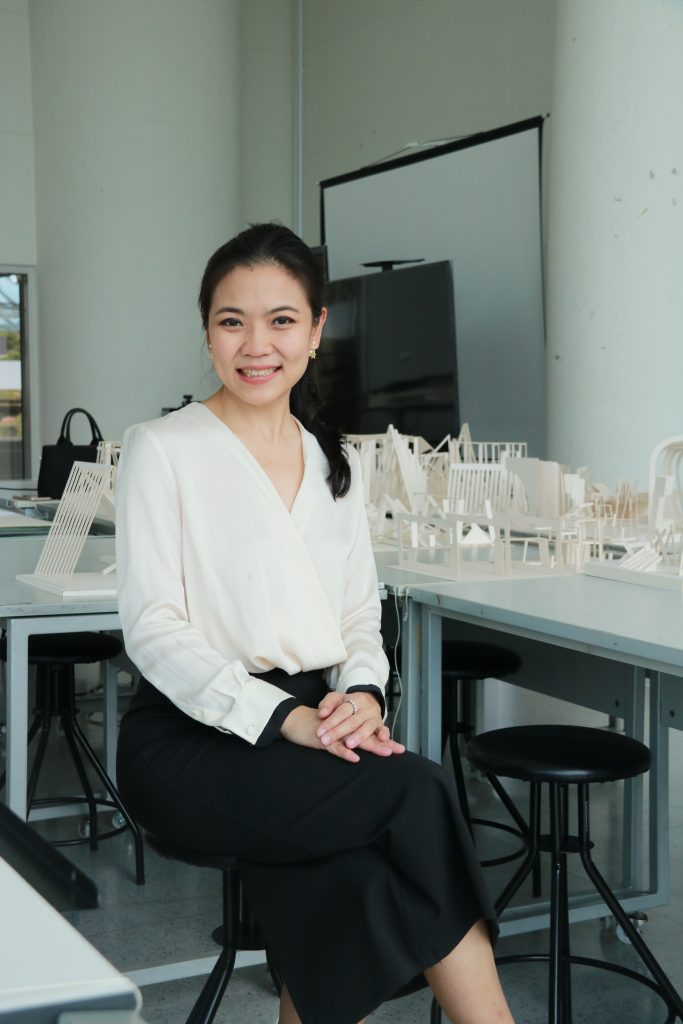
Relation to Climate Resilience and Adaptation Theme: Developing multidisciplinary scientific data and methods to manage future changes and apply the technology that promote and support areas of: 1) Resilient Infrastructure and Urban Planning: Showcasing innovations in designing and constructing resilient infrastructure that can withstand climate-related risks, ensuring sustainable urban development, evidence-based planning, and disaster-resilient communities with participatory approach. Affiliated Organisation: 1) Faculty of Architecture and Planning, Thammasat University (Thailand), 2) Thammasat University Research Unit in Urban Futures and Policy (Thailand)
Vietnam, Dr. Tran Thi Viet Nga
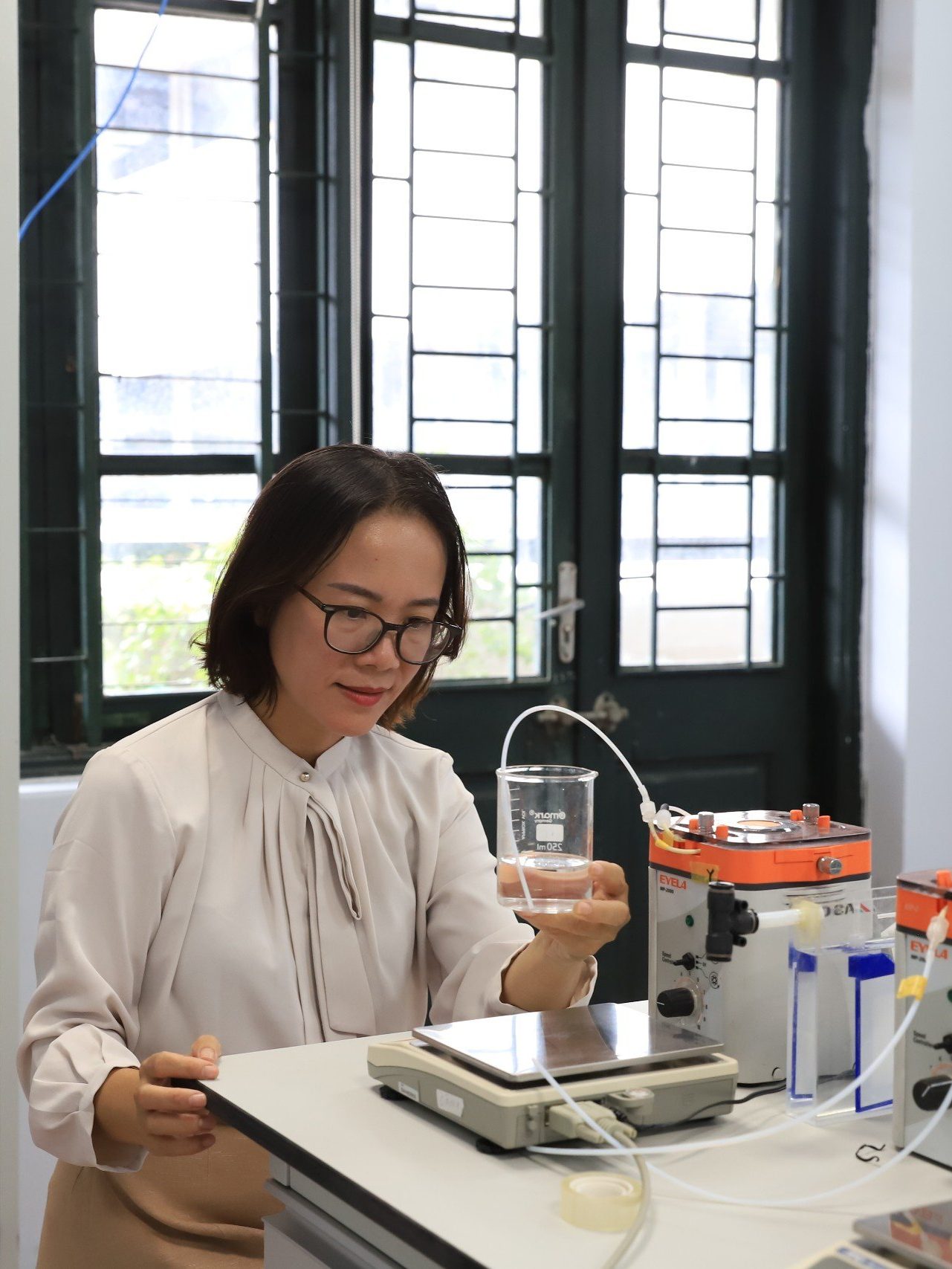
Relation to Climate Resilience and Adaptation Theme: This project aims to reexamine the current urban river system in Hanoi and propose a new one, which is more adaptive and resilient to the future climate change. In the new system, river flow will be maintained by augmenting treated wastewater discharge, enhance the infiltration of rainwater and river water through riverbank revetments, riverside walkways, and structures on both sides of the river constructed from recycled construction waste materials with water infiltration capabilities. The project also applied decentralised wastewater technologies which developed by the applicants and her research group to manage wastewater for water reuse purposes in the areas where cannot connect to the city sewerage network. The improved urban river system will help to maintain the sustainable urban hydrological water system by. As a result, we are pursuing urban water management strategies suitable for Hanoi city. Affiliated Organisation: Faculty of Environmental Engineering Hanoi University of Civil Engineering
Following the national finalists announcement, the finalists will now proceed to the next selection phase. In the next phase, two regional finalists will be chosen for each category, and the regional finalists will then present their research to a panel consisting of representatives from Underwriters Laboratories Research Institutes, ASEAN Member States, and USAID,
*Disclaimer: the UL Research Institutes-ASEAN-U.S. Science Prize for Women 2024 committee collected the photo materials from the finalists, and has received consent to use them for publication purposes
